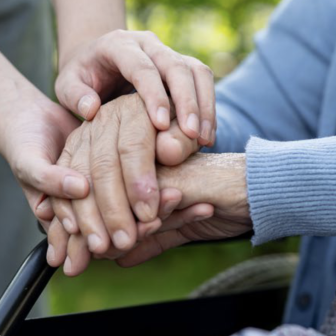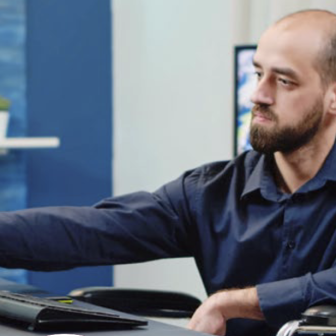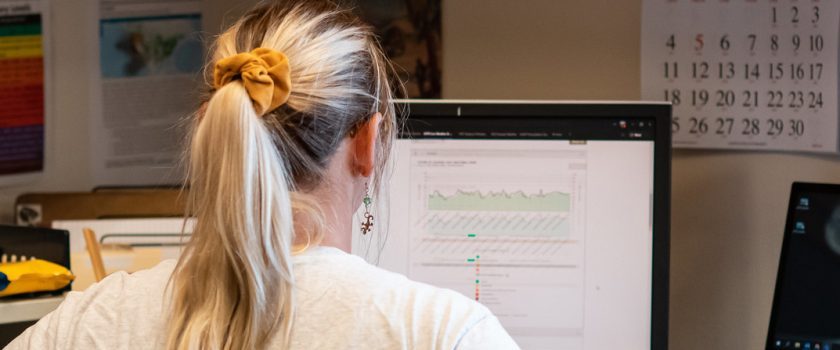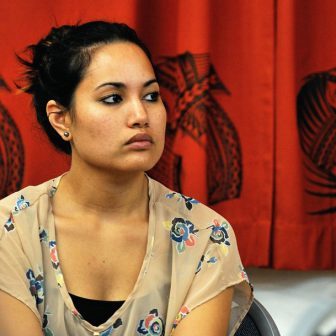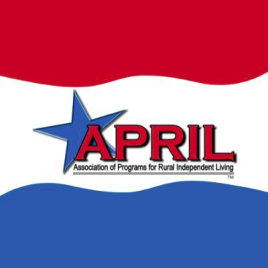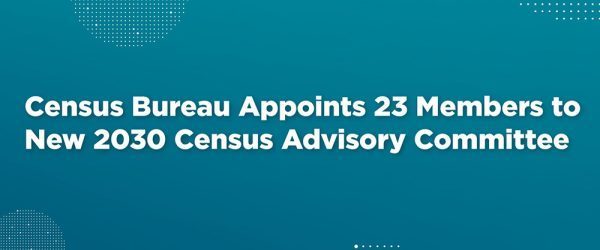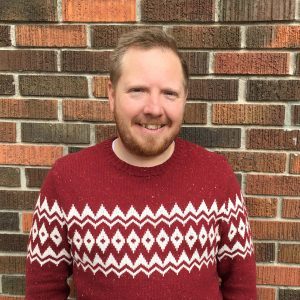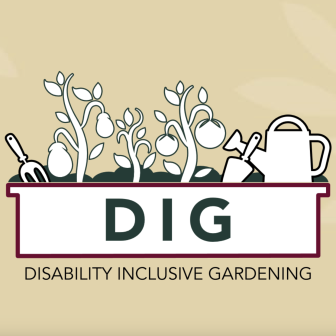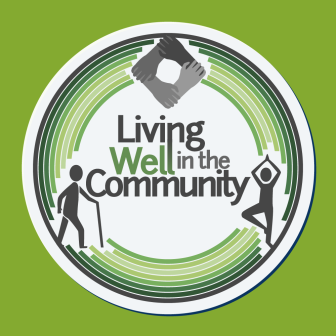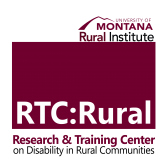|
| |
#RuralDisability eNews
|
|
|
| |
New FactsheetsFinding a Good Fit: Tips on Hiring Rural Personal Assistants
Receiving Personal Assistance Services (PAS) in rural areas can be difficult. Between workforce shortages and transportation challenges, how do people find and choose the right PAS worker for their needs? RTC:Rural researchers Rayna Sage and Krys Standley interviewed people from rural areas around the country who receive PAS. They ask them what qualities are most important in PAS workers and how to pick the one that matches your needs the best! Curious what they found out?
|
|
|
|
|
|
| |
Understanding Vocational Rehabilitation Services in Rural America
Concerned about equitable access to Vocational Rehabilitation (VR) services in rural areas? Our latest publication from RTC:Rural co-director, Catherine Ipsen, "Examining the Equity of Vocational Rehabilitation Services for Rural Americans," sheds light on disparities in VR application and service delivery rates, particularly among traditionally marginalized populations. Through the course of two studies, we examine VR application rates across different geographic areas and explore service delivery within those regions. The findings underscore the importance of collaborative efforts to address access barriers and promote inclusivity within the VR system.
|
|
|
|
|
|
| |
All About Data: Takeaways from Listening Session and Future Plans
RTC:Rural is talking data. Along with our partners at the Urban Institute, we are looking at what disability data people are using, how they are using it, and what can be done to improve the quality of the data. In January, we held a listening session to learn from our stakeholders and determine key topics.
|
|
|
|
|
| |
The Big Takeaways:- Data Needs
- We need better data! This includes clear definitions and categories of disability, and accurate, reliable data. It also includes more data reflecting outcomes like transitions to independence.
- We need better tools for using data. People need to know where to find the data and tools, and we need more data in plain language.
- We need better framing to pair data with real world examples to explain the data to people without lived experiences.
- The importance of “groundtruthing.” This means more data to build trust, and listening to people's stories to understand if we are asking the right questions. To do this, it means more community engagement and ownership to put the data back in the hands of those represented by it.
If this piques your interest, stay tuned for more information on our Data Summit to be held in September. More details to come soon!
|
|
|
| |
New ED at APRIL!
One of our most important partners, The Association of Programs for Rural Independent Living (APRIL), has a new executive director! Please join us in welcoming Joan LaBelle to this fabulous organization! Joan brings extensive experience in all aspects of independent living and a long history with APRIL to help lead the way. Welcome, Joan!
|
|
|
|
|
|
| |
Andrew Myers Appointed to Census Advisory Committee
RTC:Rural Project Director Andrew Myers is taking the next step in advocating for better disability data as a newly appointed member of the 2030 Census Advisory Committee! Andrew joins a diverse team of experts charged with increasing awareness and encouraging participation in the next decennial census. His involvement will be beneficial for stakeholder engagement with the disability community and ensuring that disability data is accurately and appropriately collected. Congratulations, Andrew!
|
|
|
|
|
| |
“I live my best life in the garden!”: Project DIG Report
Last fall, we wrapped up Project DIG, a pilot therapeutic horticulture program in partnership with a local disability service organization. This innovative project provided guided therapeutic horticulture activities for clients with intellectual and developmental disabilities with the goal of improving their quality of life and well-being. The pilot proved to be fertile ground for participants’ increased feelings of meaningful participation, social connection, and belonging. If this paper is too much, be on the lookout for a plain language summary soon!
|
|
|
|
|
|
| |
Living Well in the Community (LWC) – May Training
May 7, 14, 21, and 28 from 11:00 a.m. to 1:00 p.m.
This might be the last time for LWC until the fall. Take advantage of this opportunity to prepare for your summer workshops with this valuable training!
|
|
|
|
|
|
| |
The Research and Training Center on Disability in Rural Communities (RTC:Rural) conducts research on disability as part of the Rural Institute for Inclusive Communities at the University of Montana.
RTC:Rural is funded by the National Institute on Disability, Independent Living and Rehabilitation Research (NIDILRR) grant number 90RTCP0008 to improve the ability of people with disabilities to engage in rural community living.
|
|
|
|
|
|

